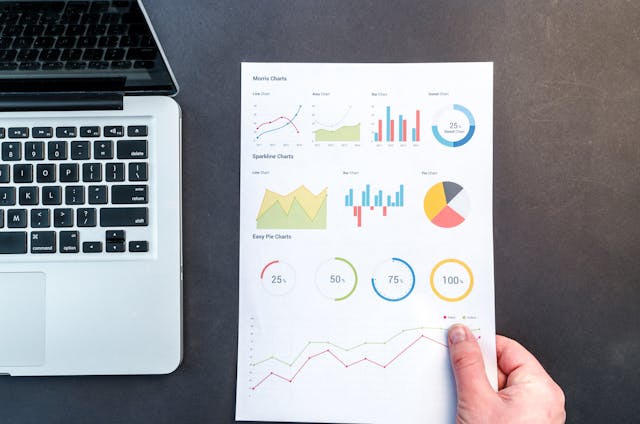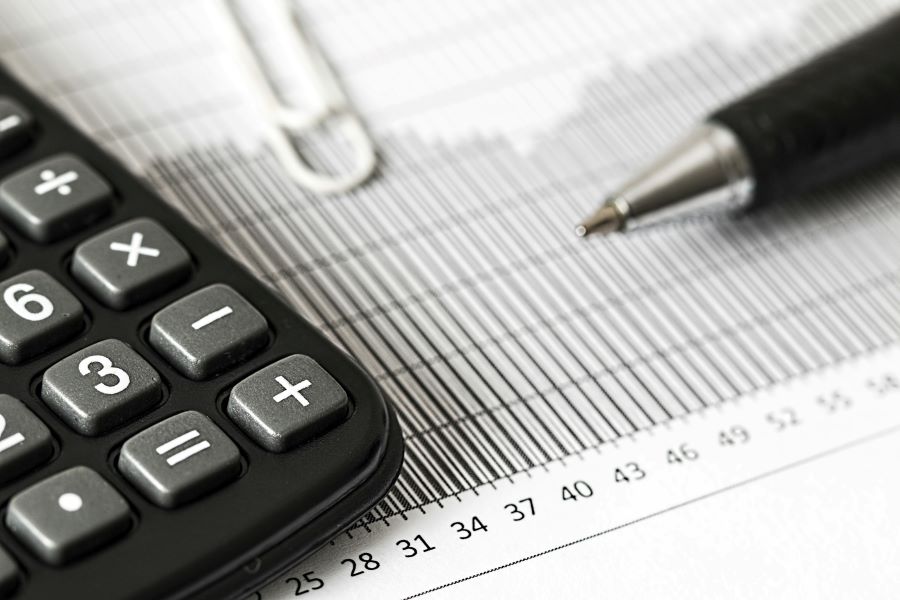Understanding the distinctions between business credit reports and consumer credit reports is crucial for navigating the financial ecosystem effectively. While both types of credit reports serve to assess creditworthiness, they cater to different entities and offer unique insights. This blog delves into the fundamental differences, importance, and impact of business credit reports versus consumer credit reports in India.
Understanding Credit Reports
Consumer Credit Reports: These reports focus on the credit history of individuals. They are generated by credit bureaus such as CIBIL, Experian, Equifax, and CRIF High Mark. A consumer credit report includes information about an individual’s borrowing and repayment history, credit inquiries, credit card utilisation, and other personal credit-related details. It culminates in a credit score, typically ranging from 300 to 900, which lenders use to gauge the creditworthiness of an individual.
Business Credit Reports: Unlike consumer credit reports, business credit reports evaluate the creditworthiness of a company. These reports are produced by agencies like CRISIL, ICRA, and SMERA, and they encompass a company’s credit history, financial statements, payment records, legal filings, and other pertinent financial information. The credit score or rating in a business credit report reflects the financial health and credit risk of the business entity.
Read more: 5 ways to save money through a personal loan
Key Differences
- Subject of the Report:
- Consumer Credit Report: Focuses on individual borrowers.
- Business Credit Report: Pertains to businesses or corporate entities.
- Data Sources:
- Consumer Credit Report: Information is gathered from banks, NBFCs (Non-Banking Financial Companies), and other financial institutions regarding personal loans, credit cards, and mortgages.
- Business Credit Report: Data is compiled from a variety of sources, including financial institutions, suppliers, public records, and the company’s financial disclosures.
- Information Contained:
- Consumer Credit Report: Includes personal identification details, credit accounts, payment history, outstanding debts, credit inquiries, and public records such as bankruptcies or tax liens.
- Business Credit Report: Encompasses company identification information, credit history with lenders and suppliers, financial statements, legal filings, and business registration details.
- Credit Score/Ratings:
- Consumer Credit Report: The credit score, such as a CIBIL score, is numerical and typically ranges from 300 to 900.
- Business Credit Report: The credit rating can be a letter grade or a numerical score, such as a CRISIL rating, which indicates the creditworthiness and financial stability of the business.
Read more: Different types of personal loans in India
Importance of Credit Reports
For Consumers:
- Loan Approval: A high credit score can significantly increase the chances of loan approval and access to favourable interest rates.
- Credit Card Eligibility: Lenders use credit scores to determine loan eligibility and credit limits for credit cards.
- Financial Planning: Regular monitoring of credit reports helps individuals manage their finances better and rectify errors that may affect their credit score.
For Businesses:
- Creditworthiness: A robust business credit report enhances a company’s credibility, making it easier to secure loans and negotiate better credit terms with suppliers.
- Risk Assessment: Investors and partners often review business credit reports to assess the financial health and risk associated with a company before engaging in business transactions.
- Growth and Expansion: Strong credit ratings can facilitate access to capital, essential for business expansion and growth initiatives.
Read more: How to get personal loans for students in India?
Impact on Financial Decisions
Consumer Financial Decisions: An individual’s credit report directly impacts their ability to secure housing loans, personal loans, car loans, and credit cards. A poor credit score can lead to higher interest rates or even loan rejections, influencing financial stability and planning.
Business Financial Decisions: For businesses, credit reports are instrumental in shaping strategic financial decisions. They influence the ability to obtain working capital, invest in new projects, and expand operations. A favourable credit rating can also attract potential investors and partners, fueling business growth.
In India’s evolving financial landscape, understanding the nuances between business credit reports and consumer credit reports is essential for both individuals and businesses. While consumer credit reports focus on the financial behaviour and creditworthiness of individuals, business credit reports provide a comprehensive view of a company’s financial health and stability. Both play a crucial role in accessing credit, managing financial risks, and making informed financial decisions.
For individuals, maintaining a good credit score is vital for personal financial health and achieving life goals such as buying a home or car. For businesses, a strong credit report is a cornerstone for building credibility, securing financing, and driving growth. As India continues to advance economically, the importance of accurate and comprehensive credit reporting systems will only grow, underscoring the need for both consumers and businesses to proactively manage and monitor their credit profiles.
FAQs
1. What is the main difference between a Business Credit Report and a Consumer Credit Report?
Business Credit Reports focus on the creditworthiness of a business entity, providing information about its financial health, payment history, credit obligations, and overall creditworthiness in the business context. On the other hand, Consumer Credit Reports pertain to individuals, detailing their personal credit history, including credit accounts, loans, repayment behaviour, credit scores, and any derogatory marks.
2. What information is typically included in a Business Credit Report compared to a Consumer Credit Report?
In a Business Credit Report, you’ll find details such as the company’s payment history with suppliers and vendors, credit utilization, trade references, business registration details, public records (like liens and judgments), and sometimes industry-specific financial data. In contrast, a Consumer Credit Report provides information about an individual’s personal loans, credit card accounts, payment history, credit inquiries, and credit scores.
3. How are Business Credit Scores and Consumer Credit Scores different?
Business Credit Scores assess the creditworthiness of a business and are based on factors like payment history, credit utilization, length of credit history, industry risk factors, and public records. These scores typically range from 0 to 100, with higher scores indicating lower credit risk. Consumer Credit Scores, such as FICO scores or VantageScore, evaluate an individual’s creditworthiness based on personal credit history and financial behaviour, usually ranging from 300 to 850, with higher scores indicating lower credit risk.
4. Why are Business Credit Reports important for businesses?
Business Credit Reports are crucial for businesses because they help in assessing the financial health of potential partners, suppliers, and customers. They are used by lenders and suppliers to make decisions regarding extending credit, setting credit terms, and determining the overall risk associated with conducting business with a particular entity. Maintaining a positive Business Credit Report can improve access to financing, favourable credit terms, and business opportunities.



